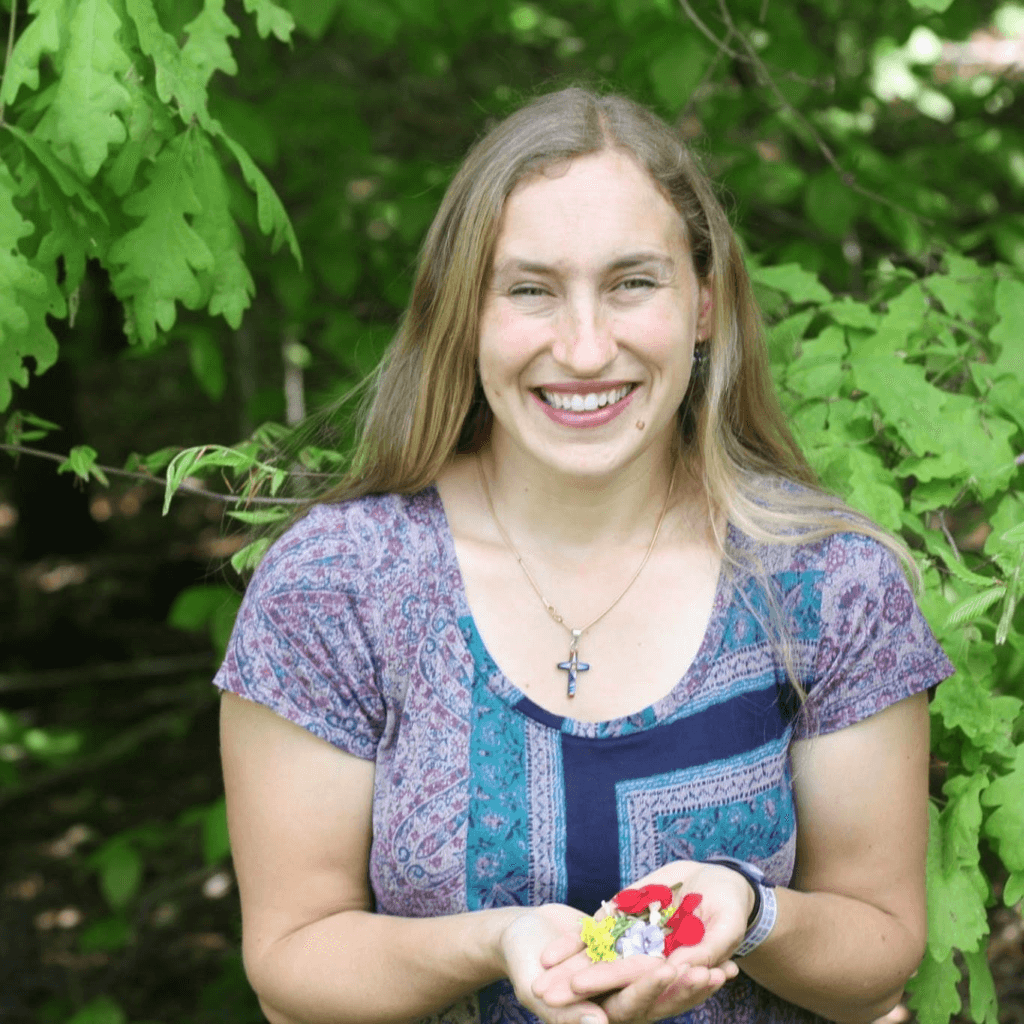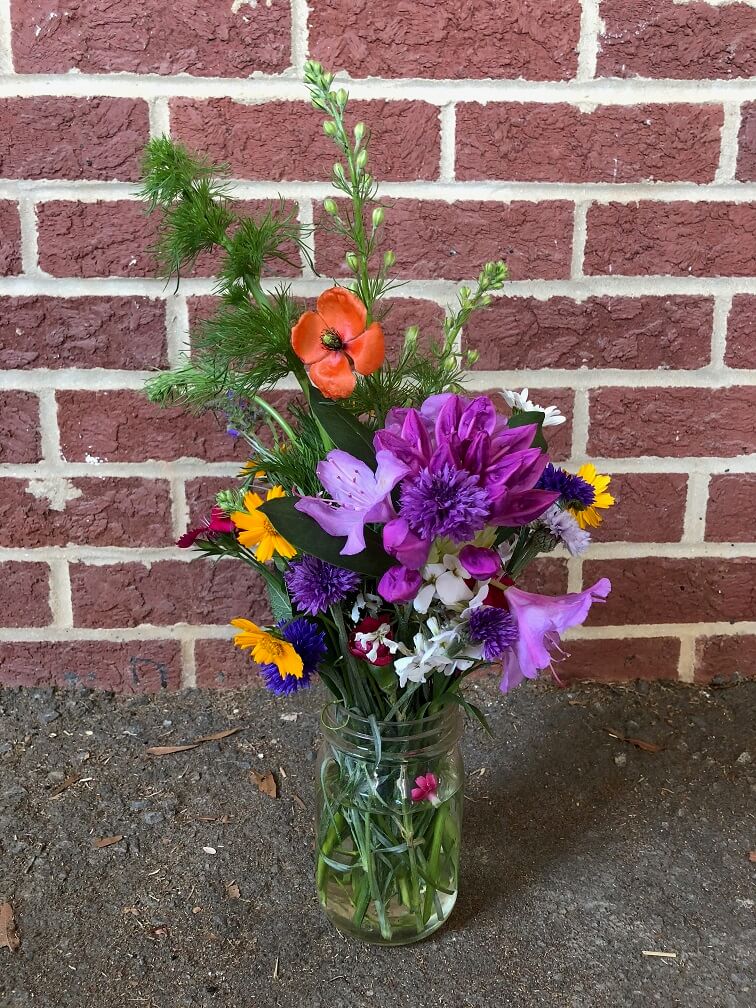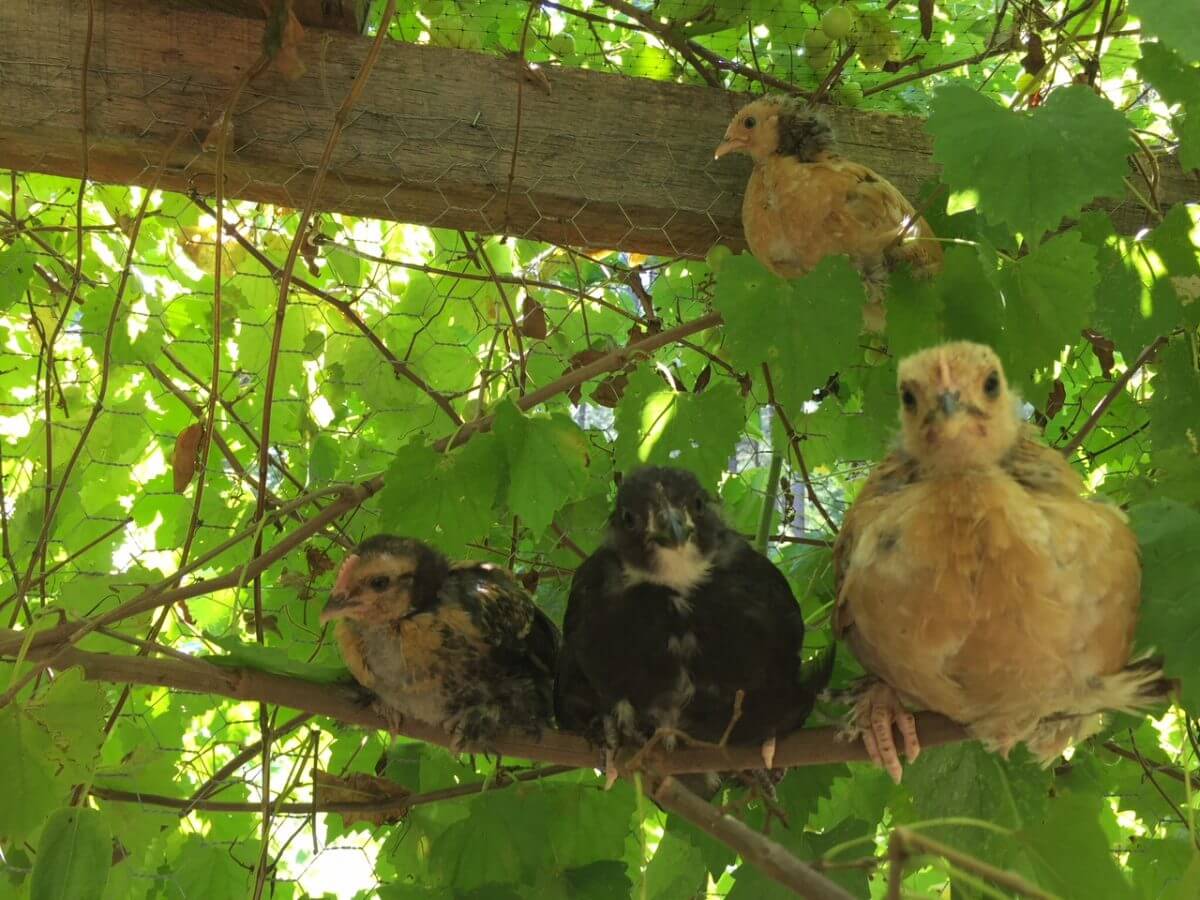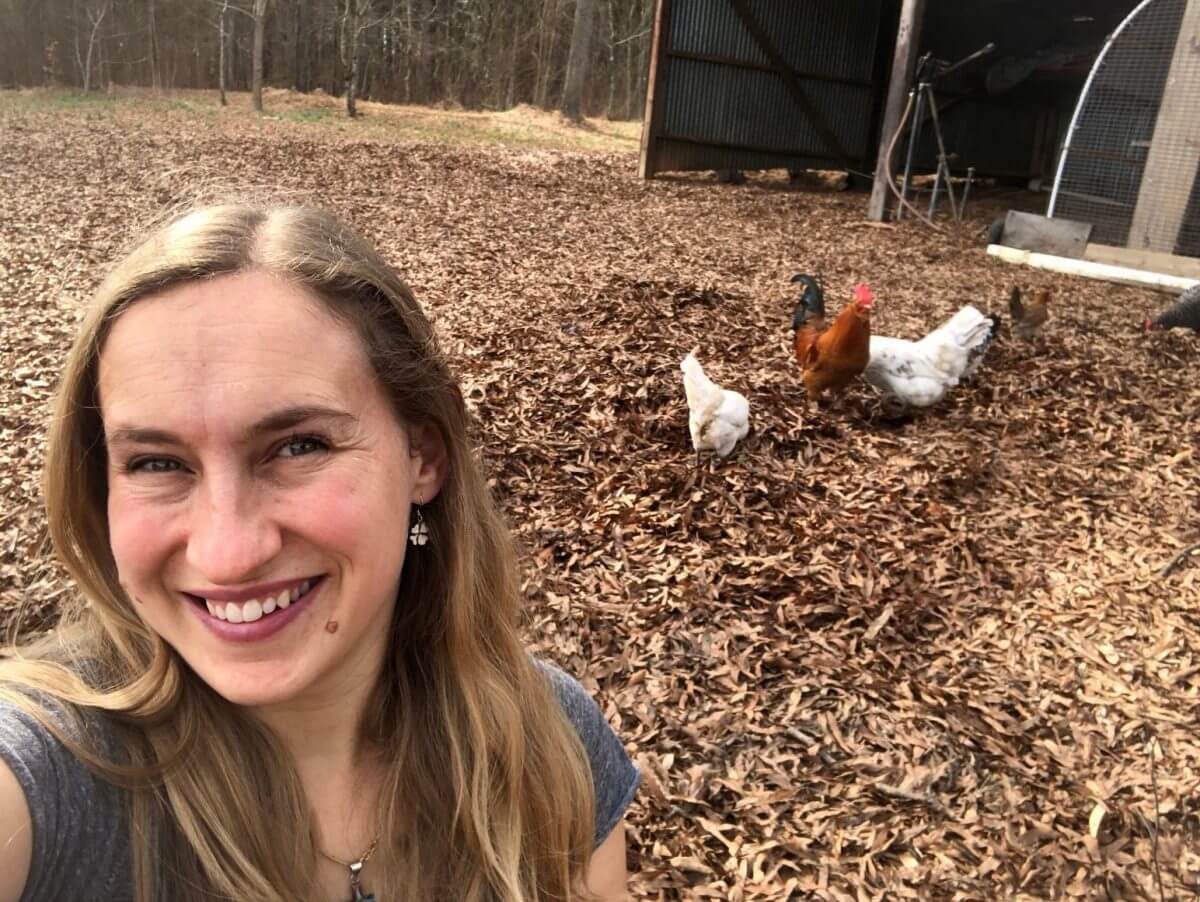Plant Chat: Rebecca Subbiah, Ladybird Farms

I’m really excited to have friend and colleague Rebecca Subbiah, RDN, LDN on my Plant Chat today. Rebecca graduated as a registered dietitian in 2001 in Scotland, and she has since worked in a variety of clinical areas both in the UK and the US. In 2016, she started Ladybird Farm in North Carolina to grow vegetables and edible flowers, and to keep chickens. She also volunteers at a local school garden. She has been the social media chair for her state dietetic association in North Carolina, and remains active with her local association helping to be a bridge between farming and local agriculture experts and dietitians. She is committed and proud of her profession as a farmer, gardener, dietitian, and expert in social media, hoping to help others grow food and their voice online. Continue reading to learn more about Rebecca’s thoughts on plant-based eating, sustainable living, and more.

As a dietitian, how do you feel you can make the biggest impact on people’s health and wellbeing?
As a dietitian, I feel using kind and compassionate listening and counselling skills to truly connect with folks and embrace their culture and goals then support them as they strive to be healthier is key. Really, the most important moments are when folks are struggling and have maybe regained weight or are nearly at the point of not returning for appointments, and following them up for the long term.
What are some of the most pressing nutrition concerns that people face today?
Ever-changing media reports and changes in science, labeling, agricultural practices and folks—be that celebrities, so-called wellness experts or even our own profession—pushing food and eating philosophies on folks. We need to share and be a sounding board for folks to work through the science and approaches to eating and health and feel good in the approach they choose.

How do you think people can best face these nutrition challenges?
With an open mind knowing that science evolves, and that things are not black and white, listen to many sources, learn from many, and settle on a sensible middle ground. Also, not to over complicate things, having a small garden if possible, knowing your local farmer, and cooking isn’t that hard.
Tell us a bit about the inspiration behind Ladybird Farm.
After my Granddad passed away a few years ago, I was inspired to start growing vegetables at home for the kids to understand where food comes from. I then took the master gardener course and started volunteering in local gardens with a focus on school gardens. This spurred me on to start a vegetable garden at my kids’ school and get the kids out in the garden growing and eating the vegetables that they grew. Two years ago, we decided to look for a property to farm and we got Ladybird Farm in Yadkin County about 30 minutes from where we are in the Winston Salem area, to keep chickens, and grow vegetables and flowers. Over time, I have found a niche in edible flowers. We are now in the process of selling our home and this farm to combine into one property and live where we grow.

How do you incorporate sustainable practices into your farm?
I see a farm as an ecosystem and try to live in harmony with nature. Planting trees for birds and wildlife. Allowing areas to return to native grasses and wild flowers for pollinators and wildlife. I compost and feed food scraps to the chickens, collect rain water from the gutters to water the garden, use cover crops and crop rotation, and save some seeds.
What are your best tips for people to make more sustainable food choices?
Eat in season, embrace and enjoy leftovers, only eat sustainable seafood—the Monterey Bay Aquarium has a great app for this: Seafood Watch. Also try and eat less meat and more plant-based meals.
What is your personal nutrition and wellness philosophy?
Grow a little of what you eat, get your hands in the dirt and be in nature, get connected to the seasons and the magic and wonder of how food grows. Eat in season and visit local markets, cook and savor each bite, have fun and try lots of food from around the world.
If we opened your fridge today, what plant foods would we find?
Spinach, kale, Swiss chard, pea shoots, lettuce, fresh herbs from my garden. Fresh local strawberries I picked at a near by farm.


